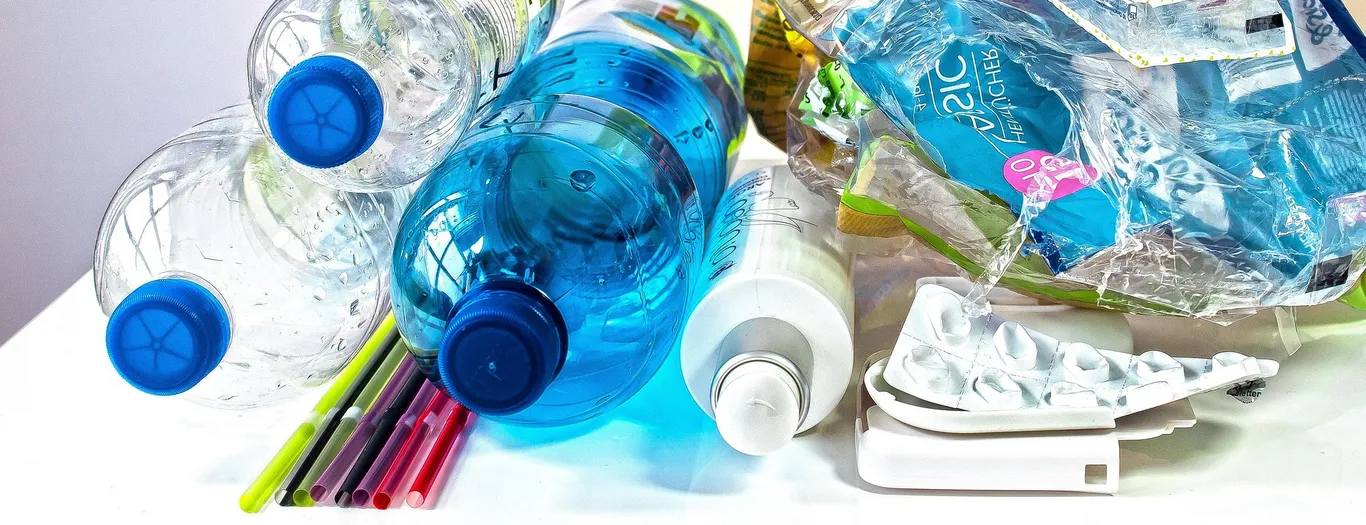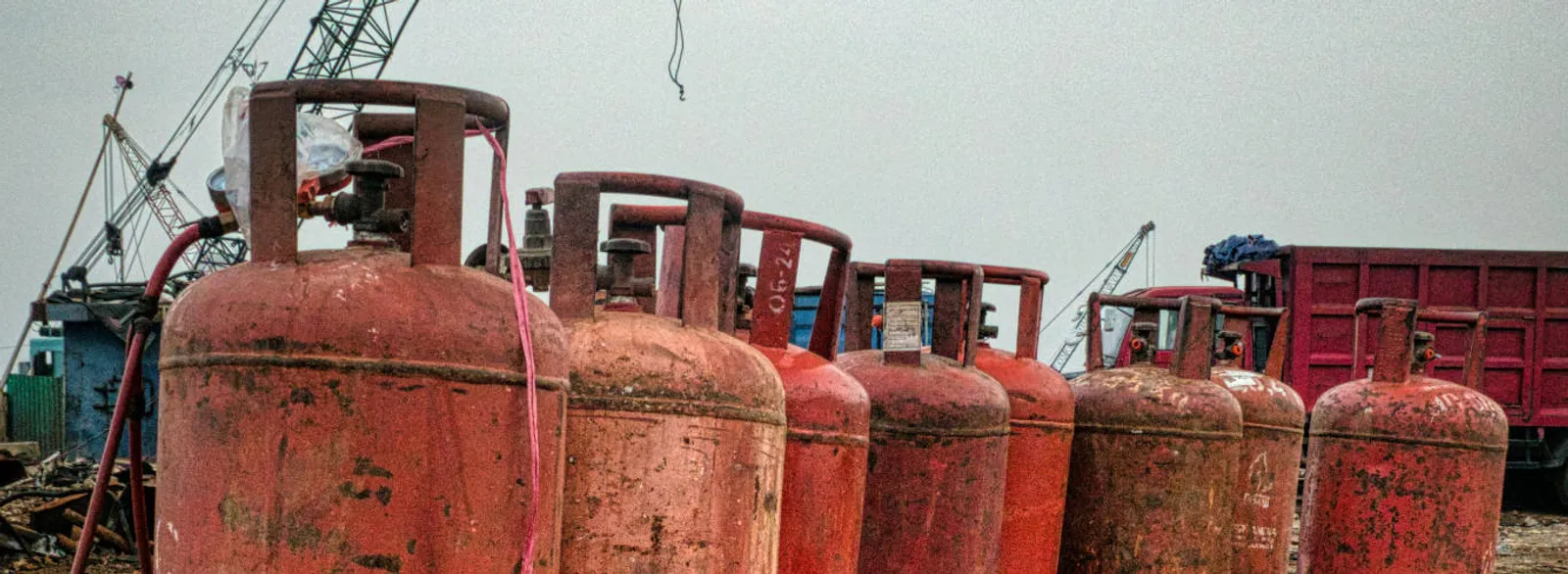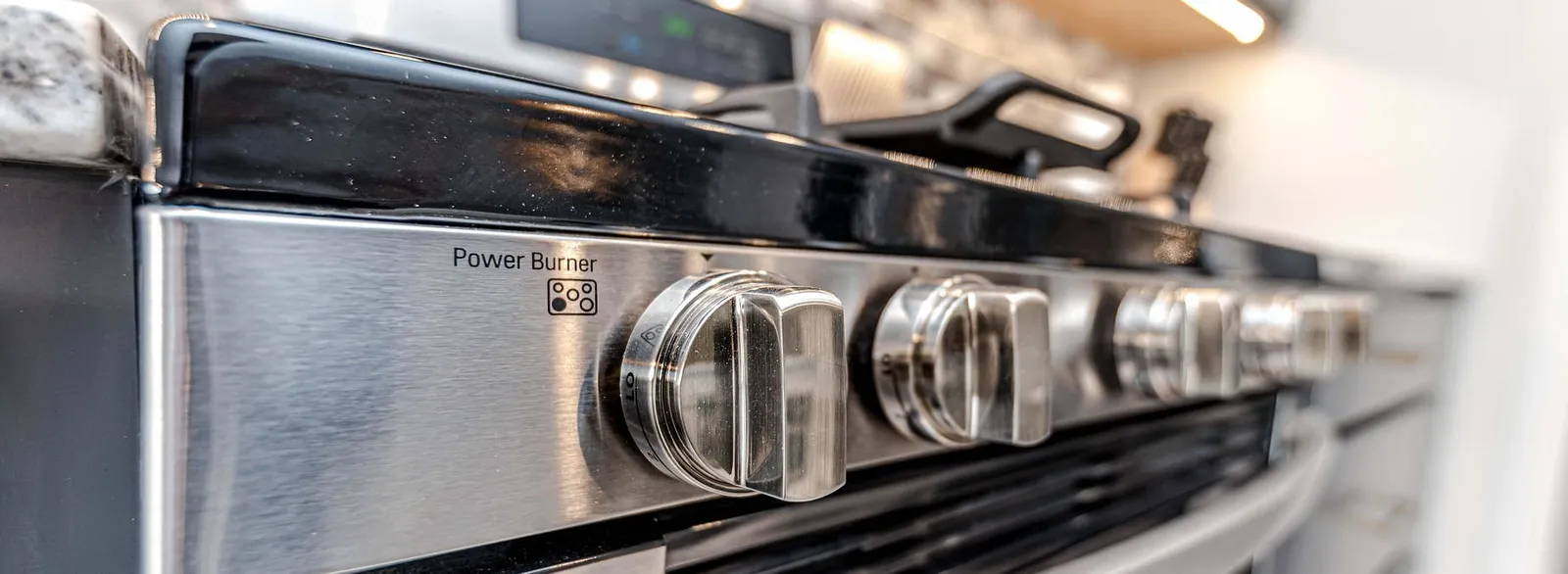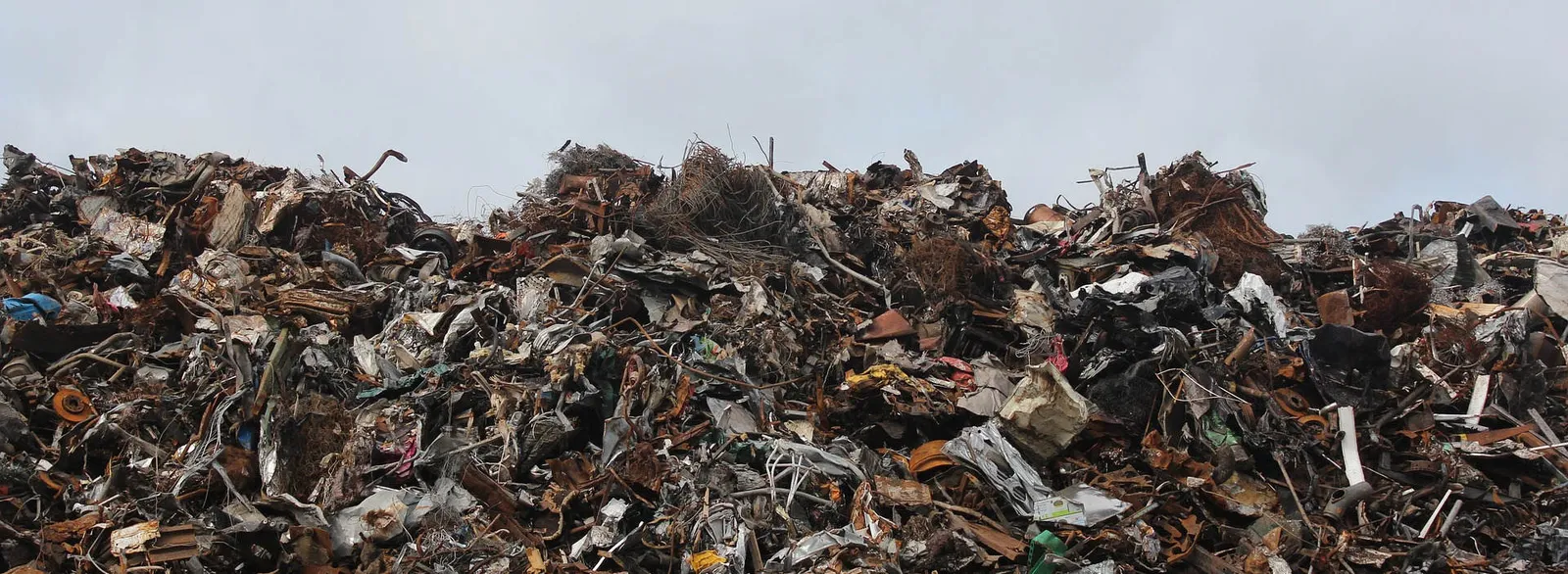If you are interested in ecology and recycling - sign up for our newsletter
EU regulations and the transformation of the plastics market
In recent years, Plastics Europe and the European Commission have increased pressure on the plastics sector toward a circular economy. According to 2023 data, plastic production in the European Union fell by 8.3%, while global production grew by about 3.3%.
The issue is not only limiting the amount of material — qualitative changes are equally important: packaging must be designed for reuse or recycling and must contain a growing percentage of recycled content. Deposit-return systems, extended producer responsibility (EPR), and restrictions on excessive packaging are being introduced.
The industry observes that “the increasingly strict limits on unrestricted packaging production force deeply thought-out changes in product portfolios,” highlighting the growing legal and regulatory framework.
These regulatory shifts mean that manufacturers, packaging producers and processors must adopt new standards and invest in technology to meet future requirements — both for legal compliance and operational efficiency.
“The deposit system, then EPR, recycled content and the fight against excessive packaging”
Production, competition and recycling — what the data shows
In 2023 the EU’s share of global plastic production dropped to around 12.3%, while a decade earlier it was roughly 14–15%. This results from higher production costs in Europe — energy, labor, environmental standards — and growing imports of raw materials and finished products from regions with looser regulations.
For the Polish market, the situation is aggravated by declining demand in sectors such as automotive and construction. After seven months of the year, plastic production and processing in Poland fell by 18.6% compared to the same period the year before.
Recycling is also intensifying — the industry indicates a shift away from fossil-based plastics toward recycled materials and bioplastics.
These figures signal that the plastics market is undergoing deep transformation. The key question is who will adapt fastest to the new regulatory, technological and competitive conditions.
“The industry predicts a gradual shift away from fossil-based plastics”
Technology, recycling and new business models
The transformation of the plastics sector involves enormous technological pressure. Companies at industry fairs emphasize that the main priority has become machinery and production lines supporting recycling, automation and increased efficiency.
In practice, this means investing in lines capable of processing waste-derived feedstock, improving the quality of recyclates, implementing bioplastics or renewable materials, while reducing energy consumption and operating costs. According to the industry, this is essential for maintaining competitiveness and meeting increasingly strict standards.
The material loop is also changing — it is no longer just about producing plastic packaging and products, but ensuring that they later enter effective recycling, reuse or replacement within a closed-loop system. This requires cooperation across the entire chain — from packaging designers and manufacturers to collection and recycling operators.
For businesses, this means planning ahead: regulations are coming, and it is better to act today than be surprised tomorrow. For consumers, the changes will increasingly be visible: packaging designed for recycling, higher recycled content, and possible shifts in pricing and product delivery models.
“In the face of changes in the plastics industry, the priority is efficient transfer of technology, solutions and know-how”
The Polish industry and perspectives for the future
For Poland, the challenges are particularly intense. Despite declines in some segments, Polish companies must comply with EU requirements on recycling, recycled content and reducing excessive packaging. Production costs — while lower than in many Western European countries — continue to rise, and competition from low-cost regions remains strong.
Poland therefore needs to find its position within a new paradigm where the profitability of plastics production depends not only on raw material prices but also on recycling efficiency, recyclate quality, access to technology and participation in closed-loop systems.
As an EU member state, Poland will be subject to obligations such as achieving specific recycling rates for plastic packaging, implementing a deposit system, using recycled content in products and reducing waste exports. For companies, this means rethinking strategies, investing in innovation and collaborating with the entire value chain — suppliers, customers and waste-management operators.
The future of the plastics sector in Poland can be promising — but only with active transformation. Those who ignore the signals risk falling behind.
“Systems — recycled content, the fight against excessive packaging, extended producer responsibility — are not just regulations, but new boundaries of operation.”
The role of plastics in the economy is changing — from a disposable resource to a reusable raw material.
“The deposit system, followed by extended producer responsibility, the emphasis on recyclate and the fight against excessive packaging”






